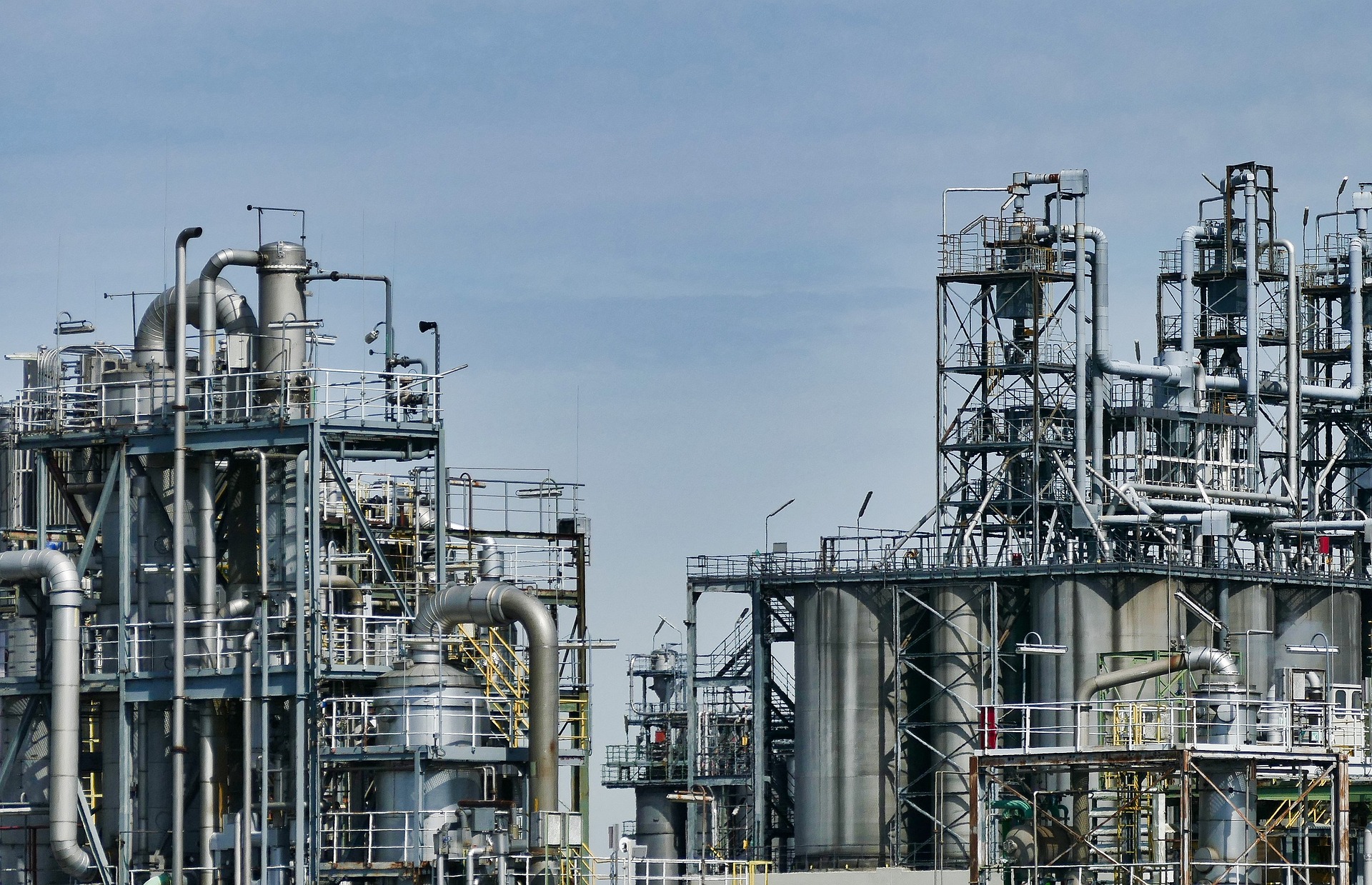The ongoing Russia-Ukraine conflict and its ensuing geopolitical tensions have sharply exposed the vulnerabilities of Europe’s energy security. With reliance on Russian oil and natural gas having previously been a cornerstone of the European Union’s energy strategy, the war has underscored the dangers of such a heavy dependence on a single geopolitical actor. Meanwhile, the United States’ potential introduction of tariffs against China—another economic giant—adds to the global uncertainties, compounding the risks tied to energy supply chains. In this complex and volatile landscape, Europe faces a pressing need to rethink its energy strategies and diversify its sources.
As Russia continues to curtail its energy exports, and with no immediate end to the conflict in sight, the EU is left scrambling for alternative sources of energy. While tapping into other markets, such as the Middle East and North Africa, may provide some temporary relief, it is Africa—particularly sub-Saharan Africa—that could hold the key to the EU’s long-term energy security. With a large untapped supply of crude oil and growing refining capacities in key African nations like Nigeria, this may be the moment for the EU to pivot toward the African continent for a more resilient energy partnership.
Energy Vulnerability and Global Uncertainties
Europe’s long-standing reliance on Russian energy has been a double-edged sword, especially evident with the invasion of Ukraine in February 2022. The EU’s dependency on Russian oil and gas has created a situation where political decisions in Moscow directly affect European energy prices and supply. While efforts have been made to reduce this dependency, including the diversification of suppliers and an increased push for renewable energy, the reality is that Europe remains vulnerable.
At the same time, rising tensions between the U.S. and China are exacerbating uncertainties. The possibility of new tariffs being imposed by the Biden administration on Chinese imports could lead to supply chain disruptions that ripple across global markets. As the global economic climate grows more unstable, the need for Europe to shore up its energy security and ensure reliable and diverse sources of energy becomes all the more urgent.
A New Strategic Partner: Africa’s Role in Europe’s Energy Future
Amidst these challenges, Africa stands out as a potentially valuable partner. The continent is home to some of the world’s most abundant untapped energy resources, including vast reserves of crude oil. Several African nations have been making significant strides in developing their energy infrastructure, positioning themselves as critical players in the global energy supply chain.
Nigeria, Africa’s largest oil producer, is a prime example of a country that could play a central role in Europe’s energy future. Nigeria has long been a key exporter of crude oil, but the country has faced significant challenges with its oil production due to aging infrastructure and inefficient refining capabilities. However, recent developments in the Nigerian oil and gas sector signal the potential for a significant turnaround.
Nigeria’s Oil Industry: A Promising Opportunity
One of the most significant developments in Nigeria’s oil sector is the ongoing efforts to revive and modernize its refinery infrastructure. The Nigerian government has launched initiatives to repair its refineries, which have been operating far below capacity for years. Once fully operational, these refineries will significantly increase the country’s ability to process crude oil locally, which could allow Nigeria to export refined products in addition to raw crude.
The Dangote Refinery, a mega-project developed by Nigerian billionaire Aliko Dangote, is particularly noteworthy. Expected to be one of the largest single-train refineries in the world, it is projected to refine 650,000 barrels of crude oil per day once fully operational. This could not only meet Nigeria’s domestic demand but also position the country as a major exporter of refined petroleum products to international markets, including Europe.
This diversification of refining capacity provides a unique opportunity for the EU. With the capacity to source crude oil from Nigeria and other African nations and refine it within the EU, Europe can reduce its reliance on Russian oil while mitigating the disruptions caused by global supply chain vulnerabilities. In fact, the EU could build long-term strategic energy partnerships with key African oil producers, thus ensuring access to a reliable, diverse supply of crude oil and refined products.
Strategic Implications for Both the EU and Nigeria
Beyond addressing Europe’s immediate energy needs, this partnership with Nigeria would also have significant economic implications for the West African nation. Nigeria has faced ongoing challenges with its economic stability, exacerbated by a dependency on oil revenues, mismanagement, and external factors such as fluctuating oil prices.
For Nigeria, diversifying its foreign revenue sources through increased oil exports would be a highly strategic move. With the EU as a key partner, Nigeria could boost its foreign currency earnings—reducing the need for borrowing from international creditors and alleviating some of the pressure on its national debt. More importantly, this foreign revenue could provide the country with much-needed resources to fund essential infrastructure projects, improve public services, and invest in economic diversification.
This partnership would also have a profound impact on Nigeria’s broader economic stability. By becoming a critical supplier of energy to Europe, Nigeria would see an increase in investment, infrastructure development, and technology transfer. These developments could ultimately help address the country’s longstanding economic challenges, improve living standards, and contribute to long-term prosperity.
Other African Countries as Potential Suppliers
In addition to Nigeria, several other African countries offer promising energy resources for the EU to explore. Countries like Angola, Algeria, and Libya are also major oil producers with untapped potential to meet Europe’s growing energy needs. For example, Angola has become a key player in the global oil market and has shown increasing capacity to ramp up production in recent years. Algeria, with its vast natural gas reserves, is already a significant supplier to Europe, and expanding trade in oil could further strengthen this partnership.
Countries such as Ghana and Mozambique are also exploring new oil and gas fields, offering future opportunities for energy supply diversification. These nations, alongside the larger producers, present an opportunity for the EU to strategically engage with Africa, enhancing energy security while fostering economic growth on the continent.
The Long-Term Strategic Vision
By strategically diversifying its energy sources, the EU can mitigate the risks associated with geopolitical instability and strengthen its resilience against future disruptions. Africa’s oil and gas resources, coupled with growing refining capacity, offer a clear path for the EU to reduce its dependence on Russia and stabilize its energy supply chains.
Furthermore, this shift could have far-reaching economic benefits for Africa. By engaging in mutually beneficial energy partnerships with the EU, African nations could see increased investment in infrastructure, technology, and human capital. This would not only bolster their economies but also promote greater regional stability and development.
Conclusion: A Pivot to Africa for Energy Security
The current global energy crisis, amplified by the Russia-Ukraine war and the looming threat of U.S.-China trade tensions, presents the EU with an opportunity to rethink its energy strategy. Africa, with its abundant natural resources and emerging refining capacity, could play a key role in shaping Europe’s energy future. By forging deeper economic and energy partnerships with African countries like Nigeria, Angola, and Algeria, the EU can reduce its reliance on Russia and ensure a more diversified and resilient energy supply for the future.
The timing of this shift is critical. With the world’s energy landscape in flux, the EU must act quickly to forge new strategic relationships and take advantage of Africa’s energy potential. By doing so, it can not only secure its own energy future but also contribute to Africa’s sustainable development in the process. The stakes are high, and the need for bold action has never been clearer.
References:
- World Bank – Nigeria’s Oil Sector and Economic Development
- International Energy Agency – Africa’s Role in Global Energy Transition
- Dangote Refinery Overview
- European Commission – EU Energy Strategy and Energy Security



